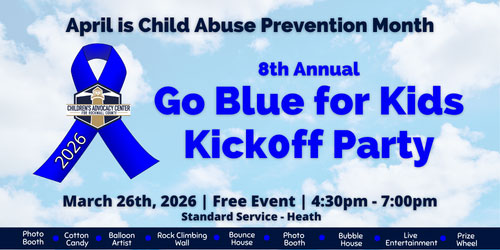Part 9 of Maren Schmidt’s 10 part series on Parents as Leaders
Effective leaders empower the whole person to do the whole job of self-leadership and management. Epictetus said it well over two thousand years ago, “No man is free who is not master of himself.”
In order to help others help themselves, we have to engage their minds, bodies, heart and spirits. We must include them in the planning stages, the actual activity, and the evaluation process, thus creating a continuous loop of feedback, self-correction and empowerment. Engaging the whole person to do his or her best thinking, work, and analysis produces an attitude of the heart, an attitude of service to help others. This attitude of service in turn inspires leadership in others.
A few years ago I came across this school motto: Learn to live, live to love, love to learn. This expression seems to sum up our job as leaders. If we can help others learn how to live—have the knowledge, skills, and attitude for success, they will develop a love and appreciation that they will want to share. As they share their knowledge, skills and attitude they will take that love to increase their learning to continue and enlarge a cycle of success, from generation to generation.
Learn to live. Albert Einstein made a comment about learning and leadership, “I never teach my pupils; I only attempt to provide the conditions in which they can learn.”
When we provide the conditions for learning—planning a place where growth is encouraged, be it home, school or business—we should allow choice of activity within limits of responsibility. For example for a three-year-old, perhaps we offer three tasks that need completed before bedtime. The order of completion is not important, and timing is not critical. For example, take a bath, brush your teeth, put away your things. Until a child has the knowledge and skills to do those tasks, plus enthusiasm to do the activities, the limit of responsibility falls to us as the adults in charge.
As the child learns to do those tasks then we enlarge the limits so they become responsible to manage the tasks and have a system of evaluation that the tasks were done according to agreed upon standards. Yes, even a three-year old knows when they’ve done those tasks well, or not at all. And they also have ideas how they can do it better.
Live to love. Kahlil Gibran wrote, ‘”Work is love made visible.”
As we do our daily activities with a confidence built on knowledge, skills and attitude, we love what we do, and we love to help others. As leaders, when we find ways to help others develop their independence and ability to follow through (concentration), our love is made visible, with an added bonus that the other person’s love is made visible through work they, in turn, love.
Love to learn. Isaac Asimov said, “I guess the essence of life for me is finding something you enjoy that gives meaning to life, and then being in a situation where you can do it.”
Asimov’s statement underlies this theme of learning to do something well enough in order to enjoy it, sharing it with others to give meaning to life, and finding opportunities to learn and grow more proficient in the process. Learn to live, live to love, love to learn.
Summary: When we practice a process of using our minds to plan and choose our activities, our bodies to work and follow through with our ideas and commitments, our hearts to evaluate and elevate our work, and our spirits to serve others, we learn to lead and leave a legacy…of leaders. Leaders lead. Lead on!
Next up is the final installment of the series: Lead or Manage?
Part 1: The best test of leadership
Part 2: Leaders innovate
Part 3: Leaders grow
Part 4: Leaders listen
Part 5: Leaders respond
Part 6: Leaders have spirit
Part 7: Leaders have imagination
Part 8: Leaders commit

Read more from Maren Schmidt:
The best gift we can give our children
Montessori teachers credo: to be a help to life
Ten little words that make all the difference
Written by Blue Ribbon News special contributor Maren Schmidt, Kids Talk TM deals with childhood development issues. Schmidt founded a Montessori school and holds a Masters of Education from Loyola College in Maryland. She has more than 25 years experience working with children and holds teaching credentials from the Association Montessori Internationale. She is author of Building Cathedrals Not Walls: Essays for Parents and Teachers. Contact her at maren_schmidt@me.com. Copyright 2012.
To submit your news and events or a guest column on your area of expertise, email editor@BlueRibbonNews.com.





